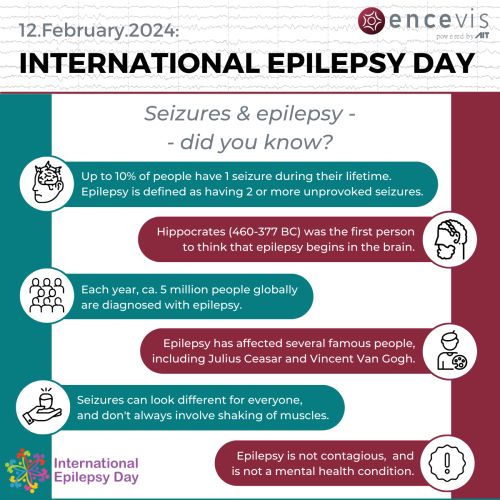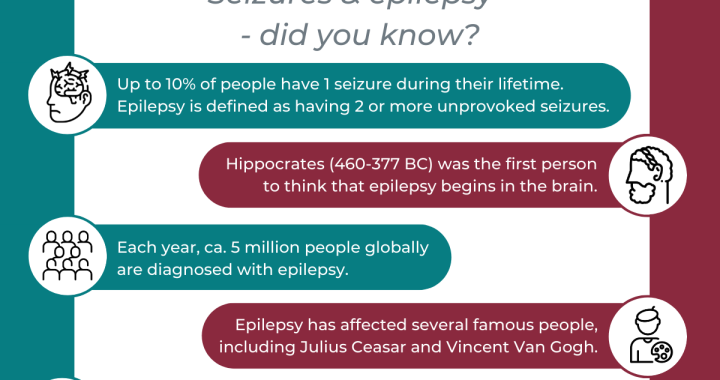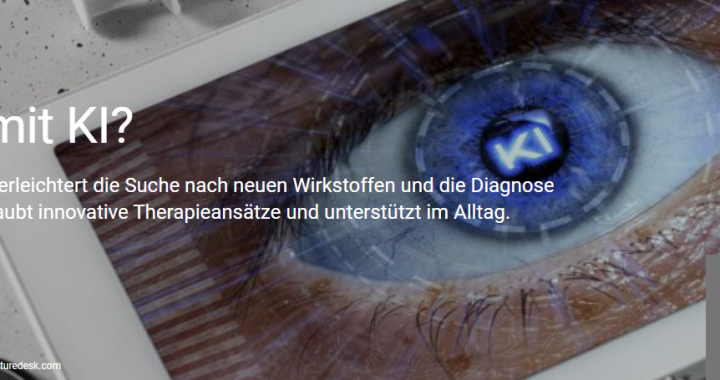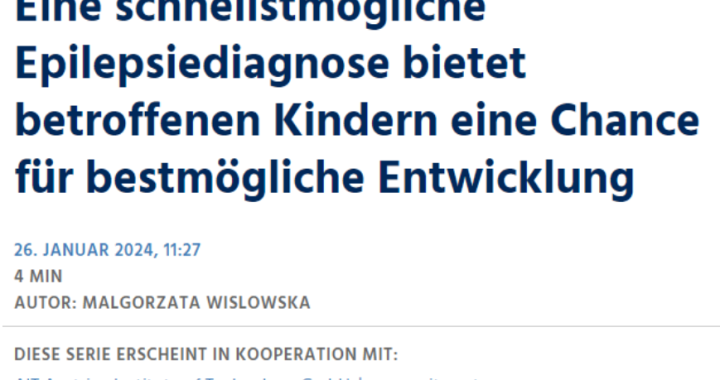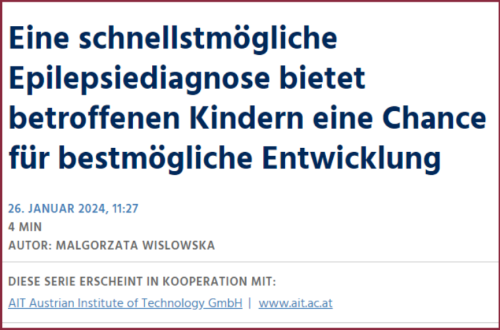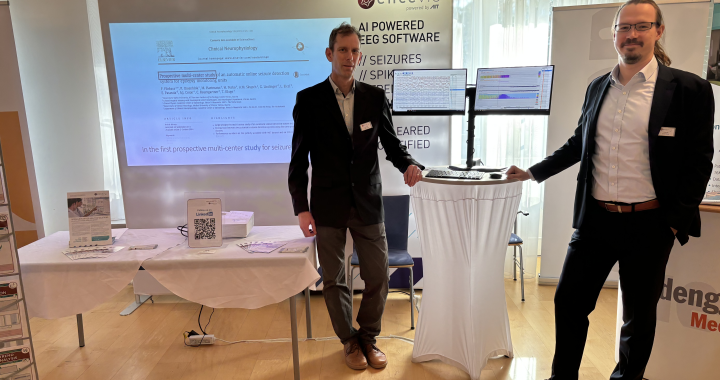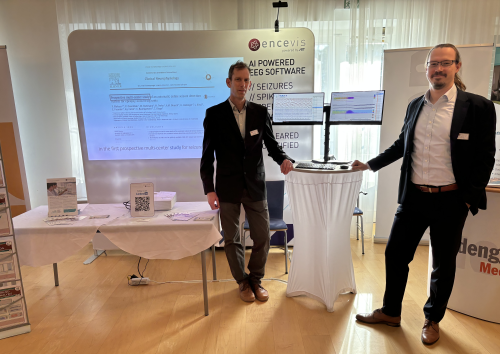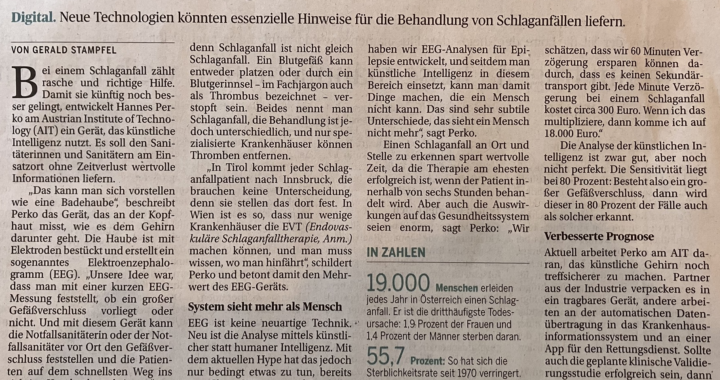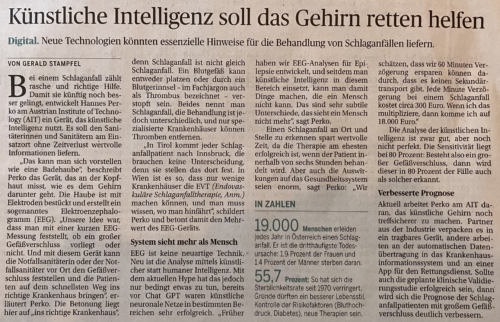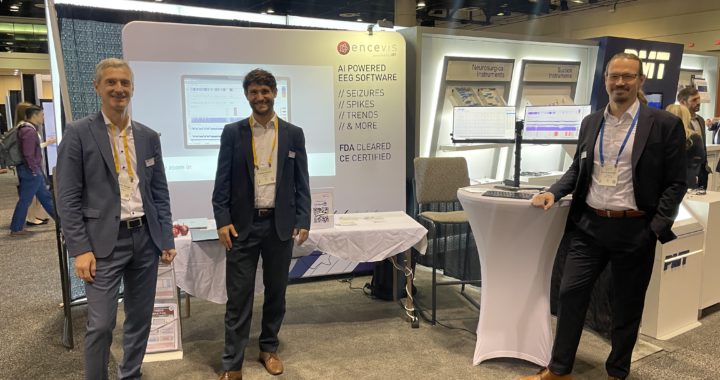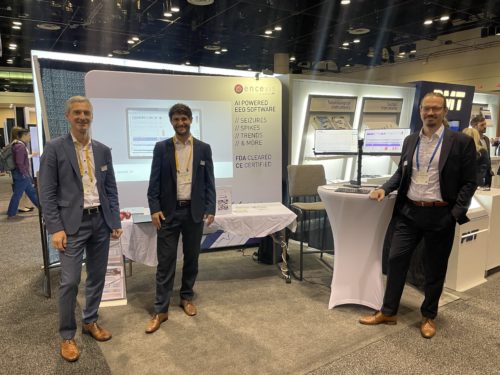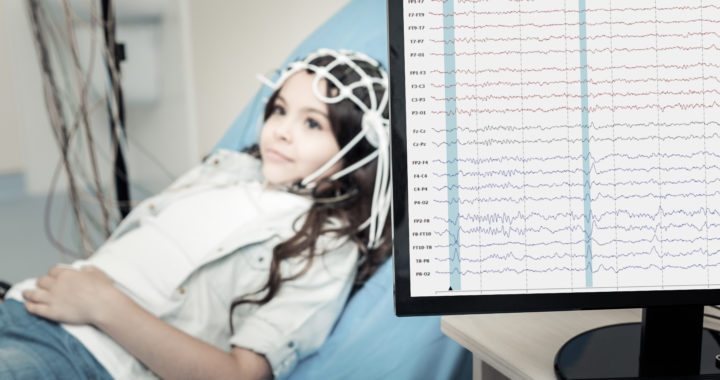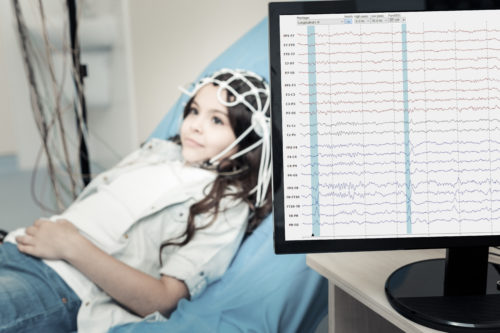Today is International Epilepsy Day – let’s raise epilepsy awareness together!
Epilesy:
- One of the world’s oldest known medical conditions
- One of the most common neurological disorders
Epilepsy Day:
- An annual & international awareness-raising initiative
- Organised by International Bureau for Epilepsy (IBE) and International League Against Epilepsy (ILAE)
- Official website: https://internationalepilepsyday.org/
IGAP:
- 10-year roadmap launched by World Health Organization World Health Organization (WHO)
- Approved by all 194 member states of the World Health Assembly
- Intersectoral global action plan on epilepsy and other neurological disorders
- See here: https://www.who.int/publications/i/item/9789240076624
